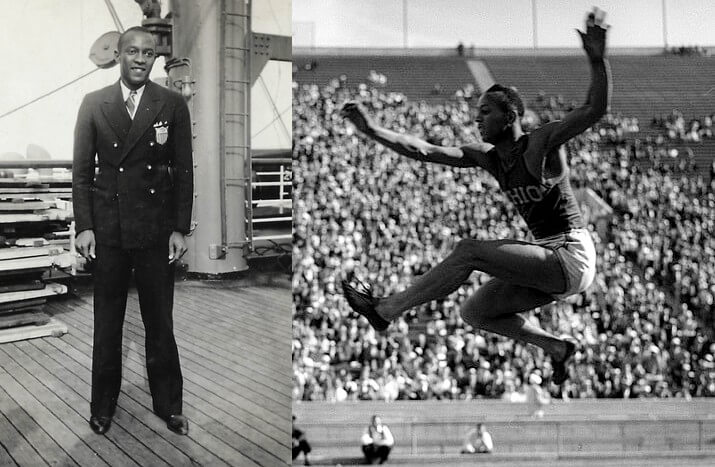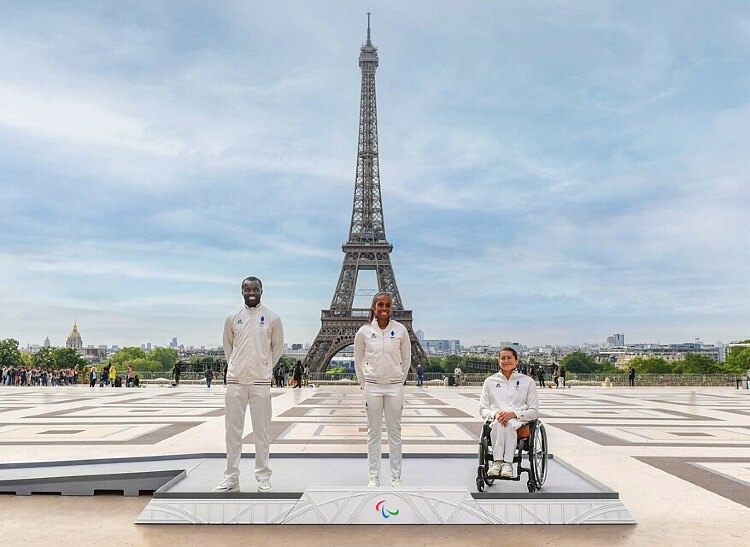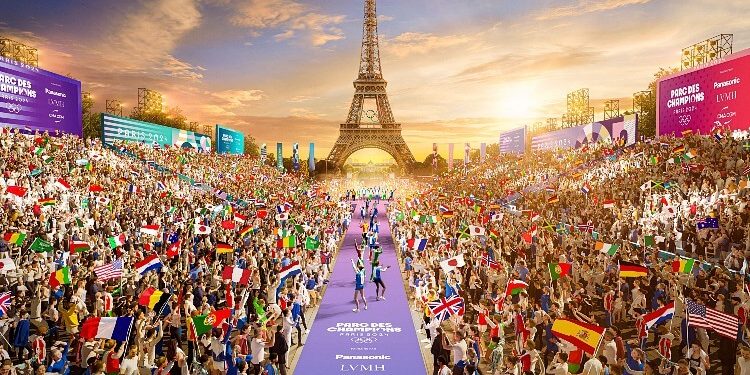The Olympic Games, a spectacle of human achievement and global unity, have captivated audiences for millennia.
From their humble beginnings in ancient Greece to the modern-day extravaganza we know today, the Olympics have evolved dramatically while maintaining their core spirit of excellence and international cooperation.

The Birth of a Legend
In the shadow of Mount Olympus, the ancient Greeks laid the foundation for what would become a global phenomenon.
The first recorded Olympic Games took place in 776 BCE in Olympia, a sanctuary site dedicated to the god Zeus. These early games were far from the diverse, international event we know today:
- Only free Greek men were allowed to compete
- The Games lasted for just one day
- There was only one event: a foot race called the “stade”
Despite these limitations, the Games quickly grew in popularity and significance, becoming a cornerstone of Greek culture and a way to promote peace between city-states.
From Ancient to Modern
The ancient Olympic Games continued for nearly 12 centuries until they were banned by Roman Emperor Theodosius I in 393 CE, who viewed them as a pagan ritual. For over 1,500 years, the Olympics lay dormant, relegated to the annals of history.
It wasn’t until the late 19th century that the Games would be resurrected, thanks to the vision and determination of Baron Pierre de Coubertin.
Inspired by the educational value of sport, Coubertin founded the International Olympic Committee (IOC) in 1894, paving the way for the first modern Olympics in Athens, Greece, in 1896.
The Evolution of the Games
Since their revival, the Olympic Games have undergone significant transformations:
Year |
Milestone |
|---|---|
| 1900 | Women allowed to compete for the first time |
| 1924 | First Winter Olympics held in Chamonix, France |
| 1960 | First commercially televised Olympics (Rome) |
| 2020 | Tokyo Olympics postponed due to global pandemic |
These changes reflect broader societal shifts and technological advancements, with the Games adapting to remain relevant and inclusive.

Magical Moments and Legendary Athletes
Throughout its modern history, the Olympics have produced countless unforgettable moments and larger-than-life figures. From Jesse Owens defying Nazi propaganda at the 1936 Berlin Games to Usain Bolt’s record-shattering sprints, these performances have transcended sport to become cultural touchstones.
“The most important thing in the Olympic Games is not to win but to take part,”
said Pierre de Coubertin, encapsulating the Olympic spirit.
This ethos has inspired athletes like gymnast Nadia Comăneci, who achieved the first perfect 10 in Olympic history, and Michael Phelps, whose 28 medals make him the most decorated Olympian of all time.

The Olympics Today
As we look to the future of the Olympic Games, both challenges and opportunities abound. The massive scale of the event has led to concerns about environmental impact and economic strain on host cities.
Meanwhile, issues of doping and political controversies continue to test the Olympics’ ideals of fair play and international harmony.
Yet, the Games remain a powerful force for global unity and athletic achievement. Innovations in sustainable venue design and efforts to make the Olympics more inclusive suggest a promising path forward.
As International Olympic Committee President Thomas Bach stated,
“The Olympic Games are a celebration of the unity of humankind in all our diversity.”
Summary
As we anticipate future Olympic spectacles, we can be certain that they will continue to inspire, unite, and showcase the very best of human potential.
Whether you’re a dedicated sports fan or simply someone who appreciates the power of global celebration, the Olympic Games offer something truly special.
For the latest updates on Olympic news and events, visit the Official Olympic Website.
Sources: THX News & International Olympic Committee.







